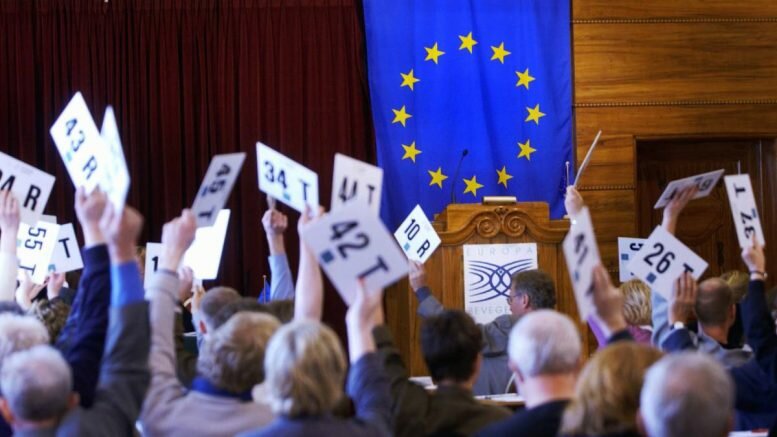Australia and New Zealand have chosen a “zero infection strategy.” The strategy is a success story in the fight against the pandemic. So why doesn’t Europe have the same zero vision?
The strategy in Australia, New Zealand, and several Asian countries is based on very strict, short-term measures against virus outbreaks.
From Monday a week ago, for example, two million people in Auckland in New Zealand have been asked to stay at home because the authorities had confirmed three cases of COVID-19.
In Europe, tens of thousands of COVID-19 cases are confirmed every day, but few cities are closed down completely.
Few deaths – open societies
Now experts are speaking out to follow the example of, among others, New Zealand.
“Countries that have followed the ‘zero-covid strategy’ now have a huge advantage,” epidemiologist Antoine Flahault at the University of Geneva said.
“These countries have very few deaths per capita, and they have therefore also been able to reopen society: bars, restaurants, cultural life, sports, schools, and universities operate normally,” Flahault said.
The inhabitants are also not required to keep a social distance from each other, he added.
Both Taiwan and China also had growth in their gross domestic product in 2020.
Damage reduction
Flahault believes that this approach is preferable to the damage reduction strategy that most western countries have advocated. In western countries, people try to live life between the waves of virus infection.
Professor Martin McKee at the London School of Health and Tropical Medicine believes that “living with the virus” is not exactly a good solution.
“It is not acceptable with a situation where you try to keep the virus under control but fail. We are constantly seeing an increase in the virus with subsequent shutdowns. No one can plan for vacations, weddings, or new investments.”
Mutations
And perhaps the worst thing – when the virus is allowed to circulate, it is more likely to mutate, as it has done with the more contagious British and South African varieties.
“We do not think we should get a third, fourth, fifth, twentieth wave,” McKee said. He believes that zero vision is a better strategy. So why has Europe not followed this strategy?
Archie Clements at Curtin University in Australia believes that there are a number of factors that make a zero-infection strategy more difficult in Europe.
Among other things, very many people travel to Europe and between the European countries. The population density is also very high.
Isolated
Australia and New Zealand also have natural advantages that cannot be copied.
“We are isolated and do not border other countries. We are also not a big destination on an international scale. We can also maintain our economies without so many trips across the border,” Clements said.
But while Australia and New Zealand have unique advantages, Flahault believes there is no reason not to try a similar approach in Europe.
Countries such as China and Taiwan both have very high population densities. They have still managed to knock down COVID-19, he pointed out.
Source: © NTB Scanpix / #Norway Today / #NorwayTodayNews
Do you have a news tip for Norway Today? We want to hear it. Get in touch at [email protected]



Be the first to comment on "Zero corona infection in Europe – a possibility or a pipe dream?"